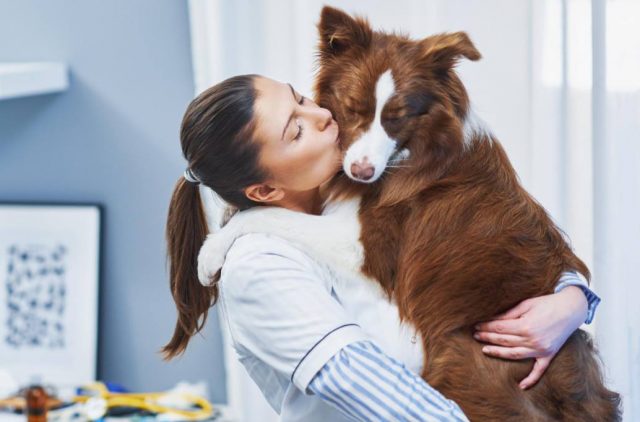As a responsible dog owner, it’s natural to be concerned about your furry companion’s health, especially when it comes to their digestive system. If you’ve ever noticed your dog pooping jelly-like substances or experienced other irregularities in their stool, you’re not alone. In this article, we’ll delve into the reasons behind jelly-like dog poop, the potential causes, and what you can do to maintain your canine companion’s digestive health.
The Normal Dog Digestive System
A dog pooping jelly can be a sign that something’s up with their digestive system. However, before we explore the reasons behind jelly-like stool, let’s first understand how a healthy dog’s digestive system operates.
- Ingestion: It all starts with what your dog eats. Dogs are omnivores, and their diet primarily consists of proteins and fats, with some carbohydrates. They have a strong stomach acid that helps break down food.
- Stomach and Small Intestine: After ingestion, the food travels to the stomach, where it’s further digested. From there, it enters the small intestine, where most of the nutrient absorption occurs.
- Large Intestine (Colon): Any remaining food then enters the large intestine. This is where water, vitamins, electrolytes, and any other important nutrients are absorbed. The colon also plays a role in forming feces.
- Elimination: Finally, waste products are formed and eliminated through the rectum and anus.
Why Is My Dog Pooping Jelly?
Now that we have a basic understanding of the digestive system let’s explore why your dog might be experiencing jelly-like poop.
Dietary Factors
- Change in Diet: A sudden change in your dog’s diet can lead to digestive upset, including jelly-like stool. Dogs thrive on consistency, so gradual transitions between foods are essential.
- Poor Quality Food: Low-quality dog food or food that doesn’t meet your dog’s nutritional needs can result in digestive issues.
- Table Scraps: Feeding your dog table scraps or inappropriate human foods can upset their stomach and lead to abnormal stools.
Food Allergies or Sensitivities
Some dogs may develop allergies or sensitivities to certain ingredients in their food, resulting in digestive problems, including jelly-like stool.
Infections and Parasites
Bacterial or viral infections can affect a dog’s digestive system, leading to diarrhea and other stool abnormalities. Intestinal parasites such as worms can also disrupt normal digestion and cause jelly-like stool.
Gastrointestinal Disorders
Conditions like gastritis, inflammatory bowel disease (IBD), or colitis can cause chronic digestive issues in dogs.
Pancreatic Issues
Pancreatitis, an inflammation of the pancreas, can lead to poor digestion and changes in stool consistency.
Medications and Toxins
Certain medications or exposure to toxins can result in gastrointestinal problems and unusual stool.
Stress and Anxiety
Dogs can experience digestive issues when they’re stressed or anxious, which may manifest as changes in stool consistency.
What to Do if Your Dog Is Pooping Jelly?
If you notice that your dog is constantly pooping jelly-like substances or if they have any other digestive issues, it’s crucial to take action. Here are some steps to consider:
- Consult Your Veterinarian: If your dog’s stool abnormalities persist for more than a day or two, consult your veterinarian. They can diagnose the underlying cause and recommend appropriate treatment.
- Review Their Diet: Examine your dog’s diet and ensure you’re feeding them high-quality, well-balanced food. Avoid sudden diet changes and be cautious about giving them table scraps.
- Maintain Hydration: Ensure your dog has access to clean water at all times. Diarrhea and digestive issues can lead to dehydration.
- Parasite Control: Keep your dog on a regular deworming schedule as recommended by your vet.
- Stress Management: Minimize stressors in your dog’s environment, and consider techniques to reduce their anxiety, such as regular exercise and mental stimulation.
Conclusion
Understanding your dog’s digestive health is essential for their overall well-being. If you ever find yourself asking, “Why is my dog pooping jelly?” Remember that several factors can contribute to abnormal stool consistency. While occasional digestive upsets may not be cause for alarm, persistent issues should prompt a visit to your veterinarian.
By maintaining a healthy diet, managing stress, and seeking prompt medical attention when needed, you can help ensure that your canine companion enjoys good digestive health throughout their life.


